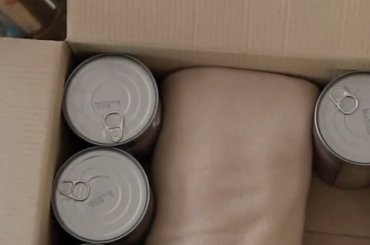In May 2013, the Ministry of Environment published three important documents:
- Legislative intent of the amendment to the Waste Act
- "Battery" Amendment to the Waste Act
- The draft law on the restriction of use of certain hazardous substances in electrical and electronic equipment
Draft legislative intent could have been commented on until 23 May 2013. 383 comments were submitted, of which 195 were substantive.
Draft legislative intent includes critical changes:
- dissolution of the Recycling Fund,
- regulates the formation and functioning of collective organizations,
- prohibition of the purchase of waste from non-ferrous metals and other metal scrap from the physical persons,
- prohibition to landfill those components of municipal waste, which the municipality is obliged to sort (paper, plastic, glass and metals).
NATUR – PACK welcomes and positively evaluates the submission of the legislative intent of the new Waste Act, but given the fact that after the approval of the legislative intent by the government, it becomes a binding basis for the development of articulated version of the act, it has raised eleven substantive observations. After finalization of the legislative intent of the Waste Act amended with the applied observations, it recommends its resubmission to the interdepartmental consultation exercise.
The observations refer to:
- processing and quantification of financial, economic and environmental impacts, as well as impacts on employment in accordance with the legislative rules of the Government of the Slovak Republic,
- support of energy recovery of waste,
- equality in relation to the EMAS authorization and ISO 14001 system,
- setting obligations even for manufacturers of non-packaging commodities, which are located in separated collection of municipal waste,
- the requirement that the system of extended responsibility of manufacturers shall be based on the principle of ownership of waste by a liable person, who is a manufacturer or importer of the product or packaging, after this product or packaging becomes waste - i.e. German or Austrian system - applying the principle of extended responsibility for all waste commodities equally,
- establishing equal conditions for manufacturers without favouritism of individually filling producers or a further discrimination of collective organizations,
- unification of the obligations of producers and collective organizations to the self-administration as to ensure separate collection of all commodities covered by extended responsibility of manufacturers at the expenses of the manufacturers and by means of collection companies, which the producers choose themselves.
May 13th, 2013


